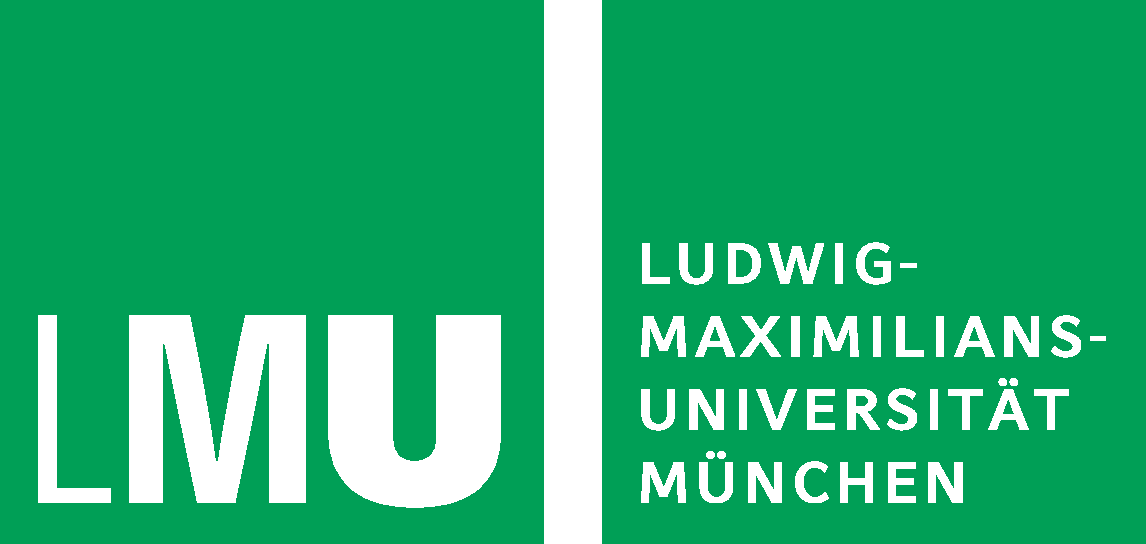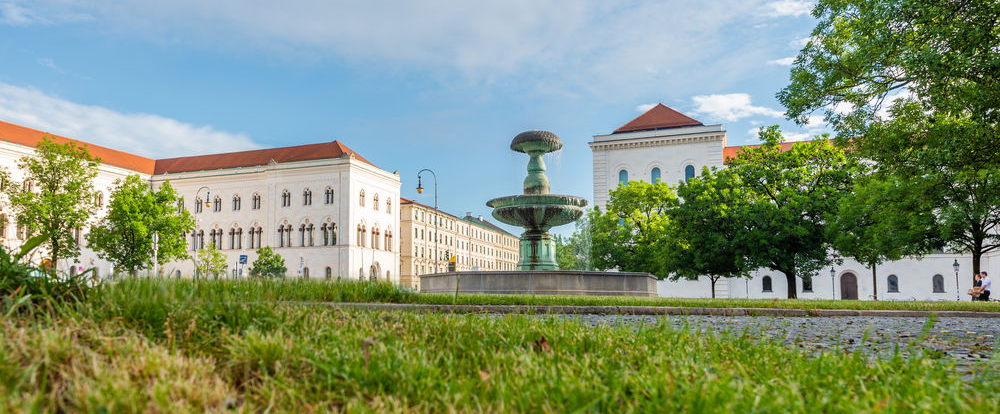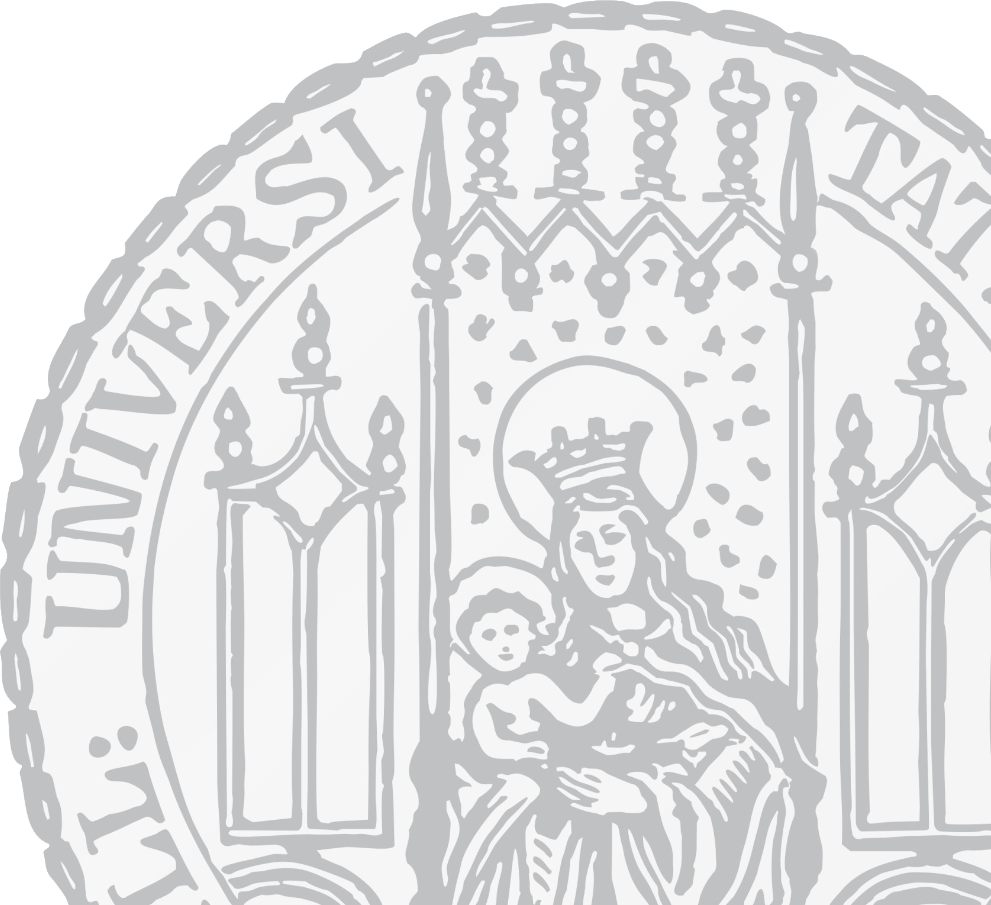
| Institution | Faculty of History and the Arts - School of Arts (Department of Art History) |
| Remuneration group | TV-L E13 |
| Full-time / Part-time | Part-time (65%) |
| Start date | 2026-01-01 (limited to 2,5 years) |
| Application deadline | 2025-09-15 |
About us:
The disciplines of dance studies and performance are newly based at the Institute for Theater Studies at LMU since 2024. Through transregional collaborations with institutions in Munich, Germany, and internationally, dance research as an active discipline represents a balance between setting new accents and pursuing continuities in movement research in Munich.
We are looking for you:
Research assistant for the DFG Emmy Noether Research Group “MerFolk between Myth, Everyday Life, and Afterlife. Dance Research Perspectives on Transfluidity” (m/f/x)
in München
Your tasks and responsibilities:
As part of the Emmy-Noether-Research Group "MerFolk between Myth, Everyday Life, and Afterlife. Dance Studies Perspectives on Transfluidity" funded by the German Research Foundation (DFG) and led by Prof. Dr. Mariama Diagne (Dance Research, Institute for Theater Studies), one doctoral position (research assistant, E 13 TV-L, 65%) are available.
People depicted with fish tails are the subject of various artistic creations. From medieval sea charts, over items like the logo of the coffee brand Starbucks, to mermaids as in Disney, literature, dance and sculpture, they influence art, culture, and dance practices along transatlantic coasts, digital platforms and economic contexts. Interest in transfluidity, the oceanic, transatlantic figures are increasing in art and society worldwide. The research group's task is to examine formats, aesthetics, and contexts relating to MerFolk (sea people) in terms of their performative potential. In how far can MerFolk be identified as key figures in a transcultural practice of imagining and shaping bodily transformations? The project's perspective is decidedly trans-regional and moves critically along and across geographical and disciplinary boundaries in terms of both material and methodology. It attempts to make an interdisciplinary contribution to transnational dance studies and movement research.
Your qualifications:
You have an excellent master's degree (M.A.) in film or media studies, with knowledge/studies/focus in one or more of the following: African Studies, Latin American Studies, (North) American Studies, Black Studies, Diaspora Studies, Gender studies, Queer Studies, Trans Studies, Cultural Studies, or related subjects. You are motivated to develop a dissertation project analyzing contemporary media based on non-European/European archival materials with a focus on body/movement.
Benefits:
The two positions are to be filled on January 1, 2026. Emmy Noether Groups are subject to an evaluation process halfway through the project period. The position is therefore limited to 2,5 years, with the option of extension. After a successful interview, you will become part of a forward-looking research team consisting of two doctoral projects and the project leader. You will work in a collegial environment at the Institute for Theater Studies at LMU Munich and have full access to the LMU Graduate Center with a wide range of qualification opportunities and support in the form of individual counseling and coaching. You will be supported in your doctoral studies, publishing the results of your research within the project, providing organizational support for project activities (e.g., project meetings, workshops, conferences), and actively contributing to the administrative aspects of the project. A keen interest in archival work and an openness to new methods in digital humanities are expressly desired. The project work focuses on acquiring or incorporating modes of new-learning and supports (new) skills in non-european/european language and movement, connected to the research design. The working languages are primarily English and German.
LMU Munich offers a workplace where equal opportunities are respected, migration biographies are valued, and an intersectional attitude toward diversity is promoted.
Additional benefits include:
- Mobile working
- Flexible working hours
- Support with childcare (e.g., holiday and emergency care services)
- Health promotion offers
- Opportunity to purchase a job ticket (discounted use of public transport)
LMU Munich is an equal opportunity employer and committed to enhancing the diversity of its faculty.
People with disabilities who are equally as qualified as other applicants will receive preferential treatment.
Contact:
Please submit a compelling application with the following documents:
- Short cover letter
- Short CV (max. two pages)
- Outline of your research interest in MerFolk (max. two pages)
- Writing sample (e.g., a chapter of your thesis, or an article, max. five pages)
- Contact details of two references
Please send the following application documents with the subject line MerFolk in German or English by September 15th, 2025, in electronic form only as a PDF file: Subject: MerFolk – PhD Position - M.A. dance studies, theater studies, or performance studies; Addressed to: m.diagne@lmu.de:
Prof. Dr. Mariama Diagne
Ludwig-Maximilians-Universität München
Department Kunstwissenschaften
Theaterwissenschaft
Georgenstr. 11
80799 München
Applicants who are shortlisted will be invited to an interview. The selection interviews are expected to take place in the second week of October 2025 (calendar week 41). If you have any questions, please contact Prof. Dr. Mariama Diagne (m.diagne@lmu.de).
Where knowledge is everything.
LMU researchers work at the highest level on the great questions affecting people, society, culture, the environment and technology — supported by experts in administration, IT and tech. Become part of LMU Munich!

